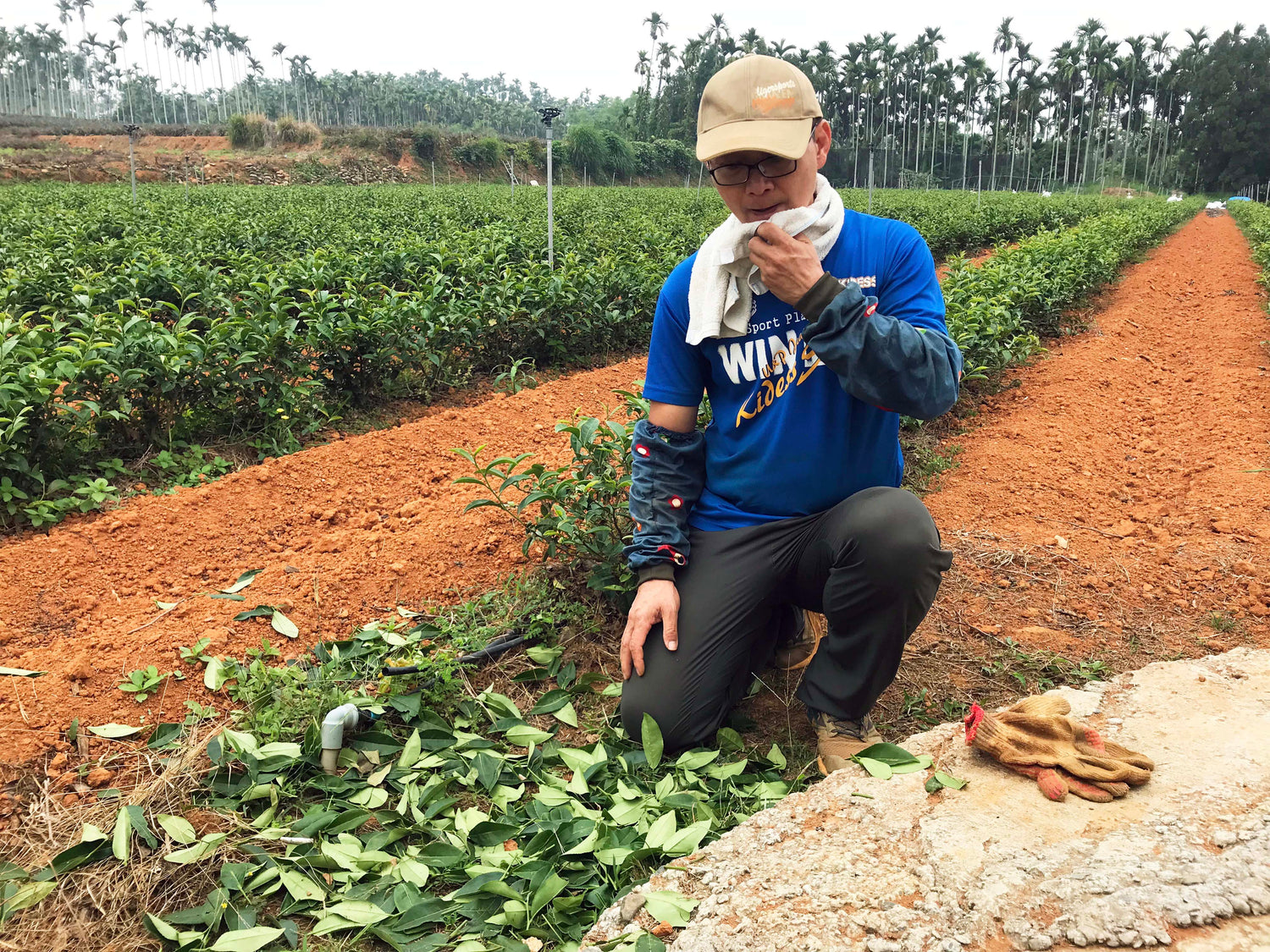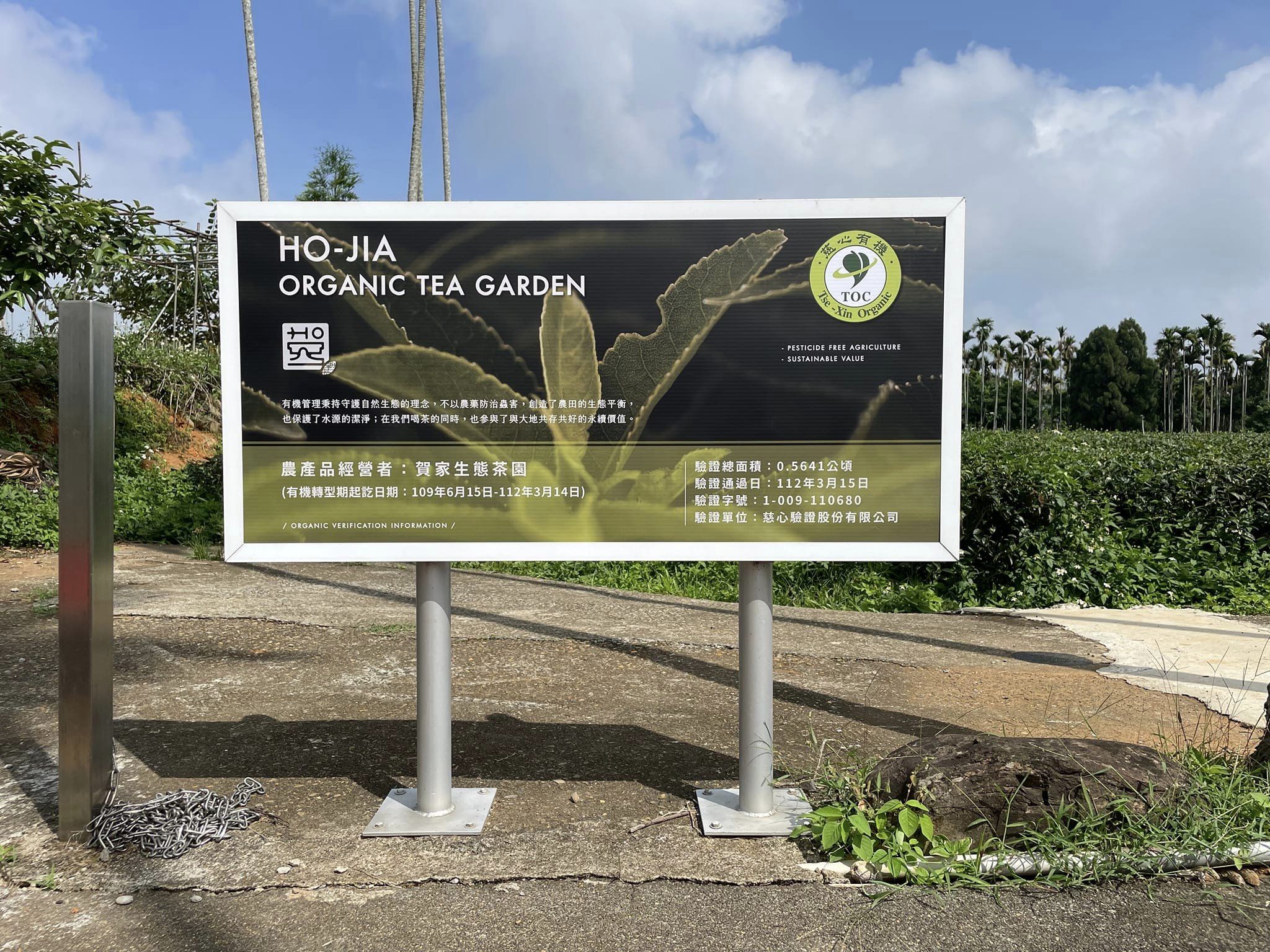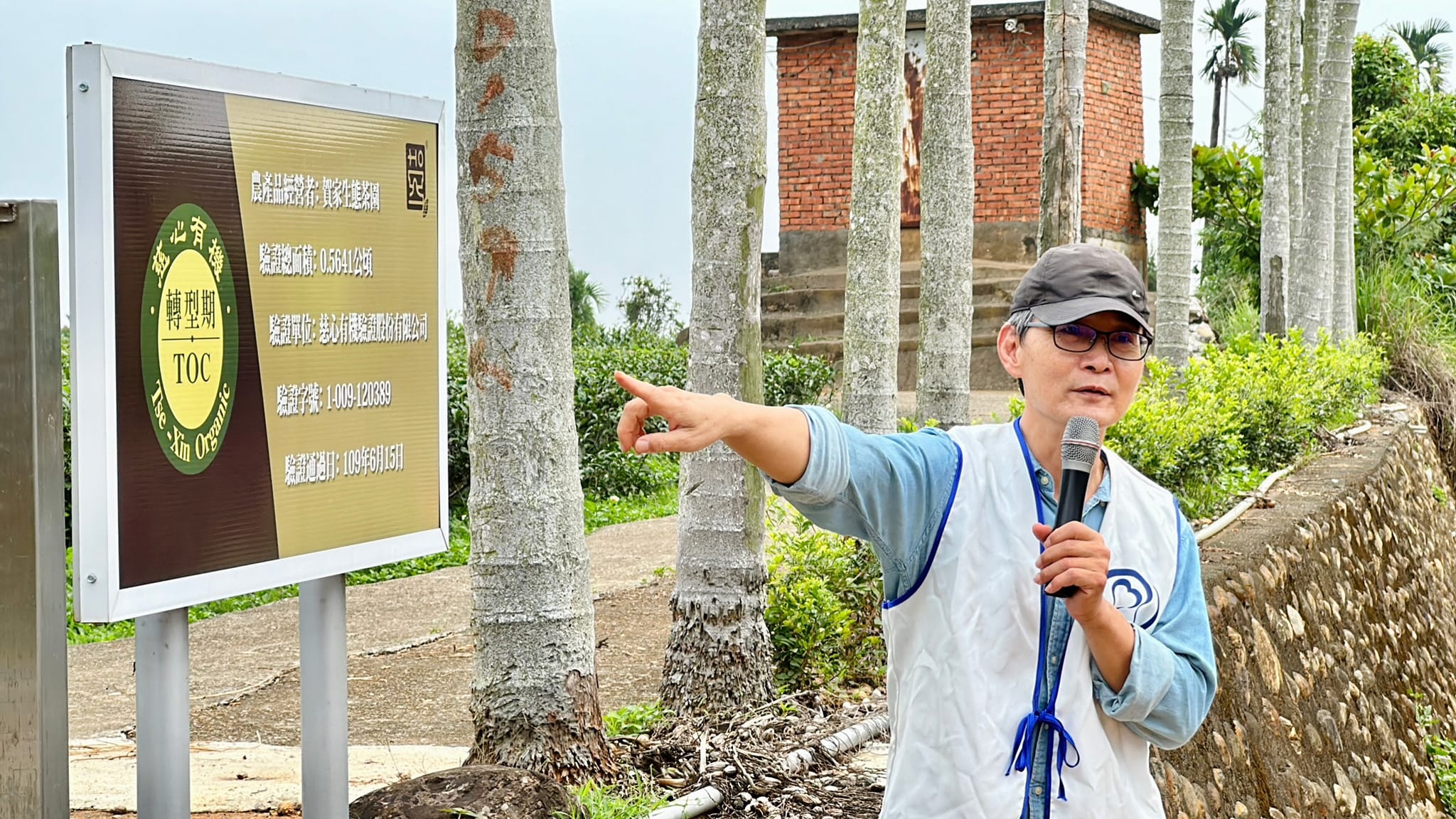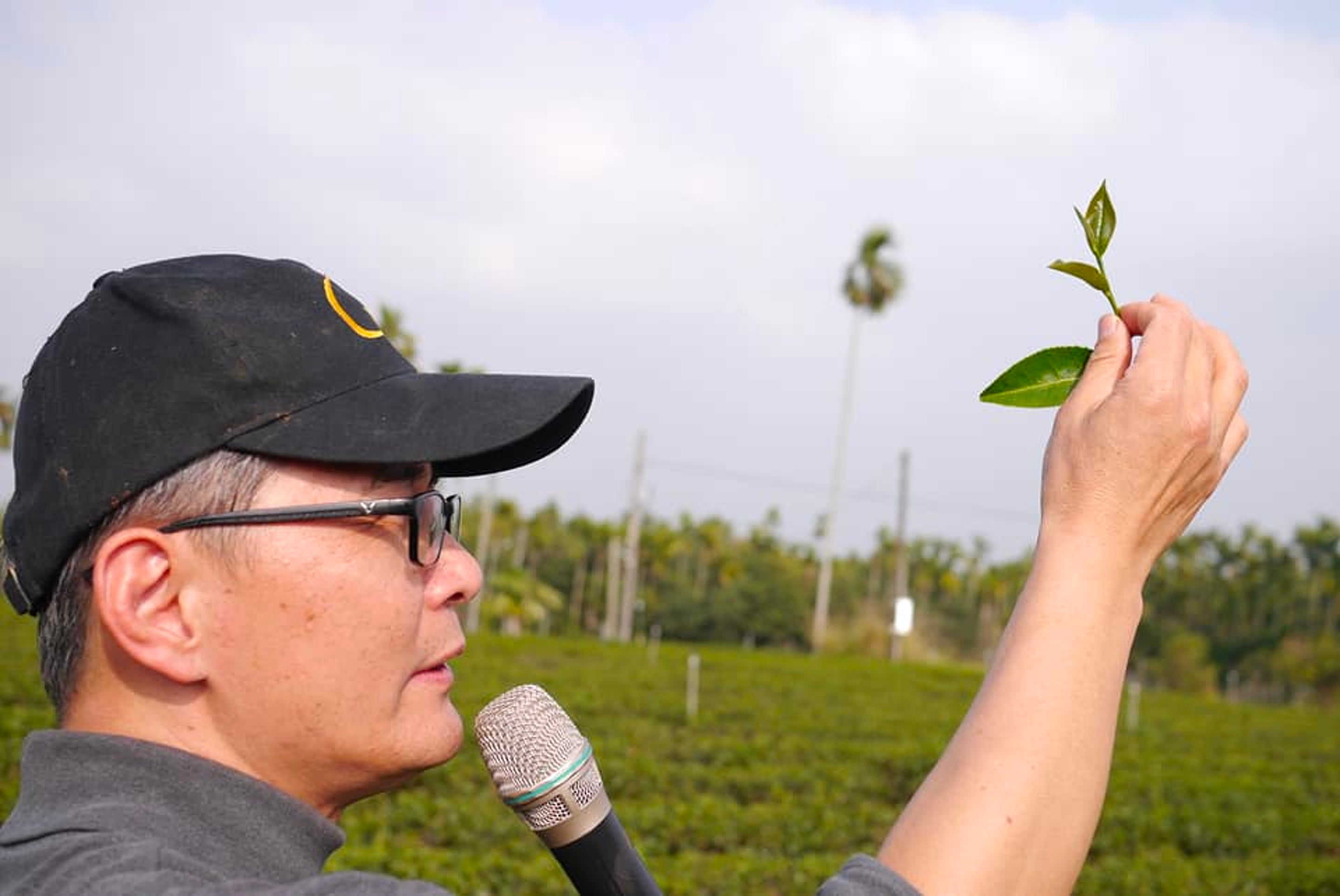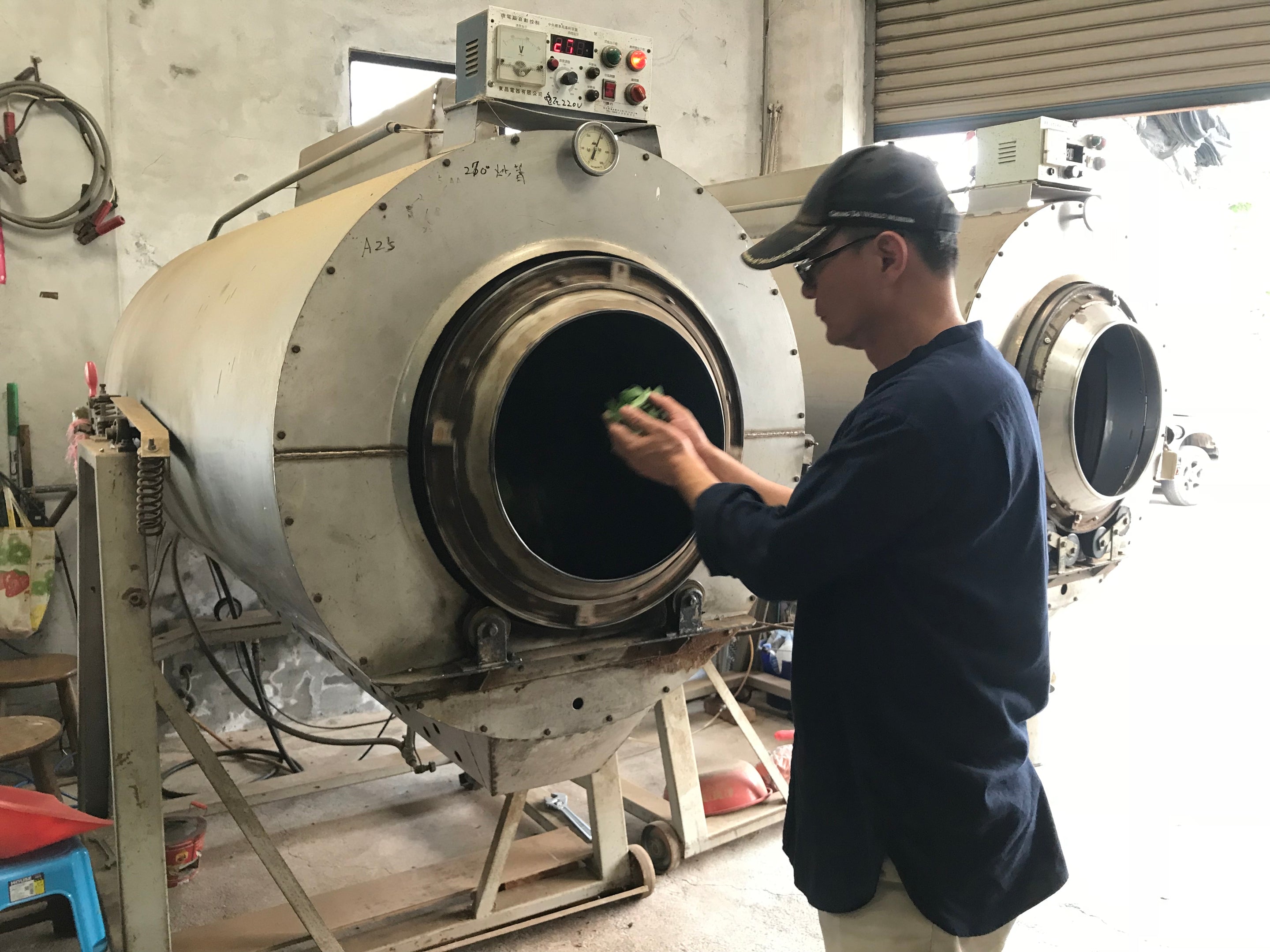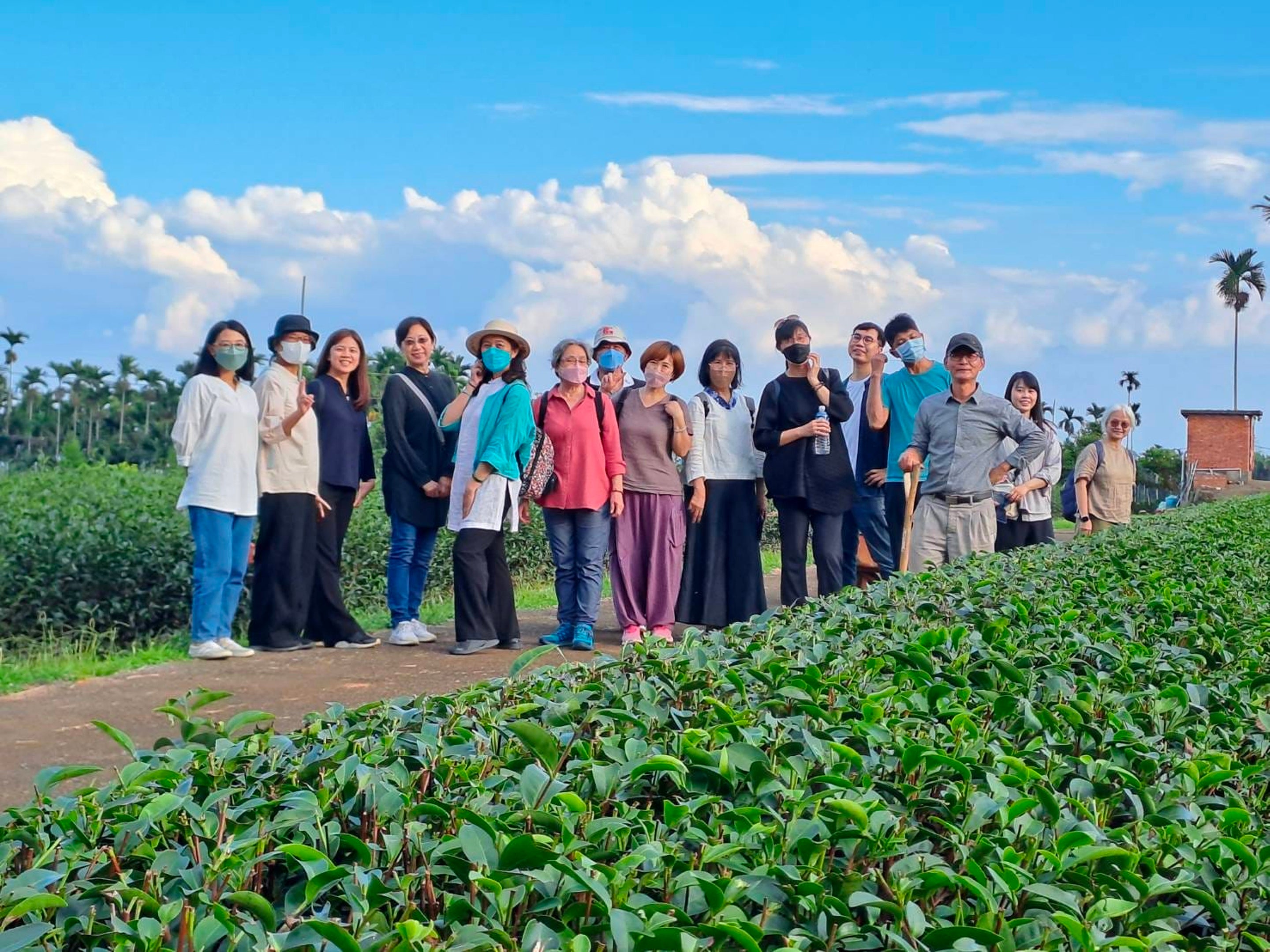Turn over the ecology of tea gardens, commit to promoting environmental sustainability and food and agriculture education, and aim to bring a cup of healthy, high-quality tea to tea lovers.
origin
We are from Mingjian, Nantou. Because of the deep memory of reclaiming the mountains and forests with our father when we were children, we always have the dream of returning to the countryside in our hearts. After retiring from the teaching position, he bought a tea garden by chance and plunged into the world of farming. After some time, I found that the common agricultural management methods in the area are destructive to both the external natural ecology and the internal physical state of farmers. We began to reflect that people farm to eat and nourish their bodies, but because of the excessive pursuit of yield, they violated the original intention. Based on the love of tea, we hope to change this model, let tea grow in a natural and organic environment, and make tea that does not burden the body and heals the body and mind, so that our family and friends can enjoy it with peace of mind.
Vision and Mission
Under the personal management of the tea garden and the farming management without the use of pesticides and chemical fertilizers, all kinds of grasses grow freely among the rows of tea trees, and the soil has been improved to become soft and rich in organic matter, attracting different insects and birds to inhabit and multiply, forming a stable biological chain. Nearly 20% of the yield will be sacrificed, but all that will be left are healthy and excellent tea greens. In order to let everyone understand the importance of ecology and food safety, we open the tea garden to visit and invest in environmental, food and agricultural education, so that everyone can see the source of tea, understand our persistence, and drink with peace of mind.
Another key to the good taste of tea comes from the processing and production process, so we continue to refine the tea-making process, and develop and produce items with different flavors according to the climatic conditions, tree species at the time of harvest, and the oriental five-element health preservation concept. For example, Jiangmu black tea, which combines home-grown organic ginger and black tea, has an elegant ginger flavor that warms the body and heart. Two kinds of fragrant oolongs are made from the emerald jade tree species and the Jinxuan tree species, each with different flavors and fans. A variety of items and taste experiences allow people of different physiques and tea lovers to find tea products corresponding to their physical conditions. It is hoped that tea tasting will go beyond the scope of sensory taste and become a medium that guides us to reconcile our body and mind with nature. balance.


